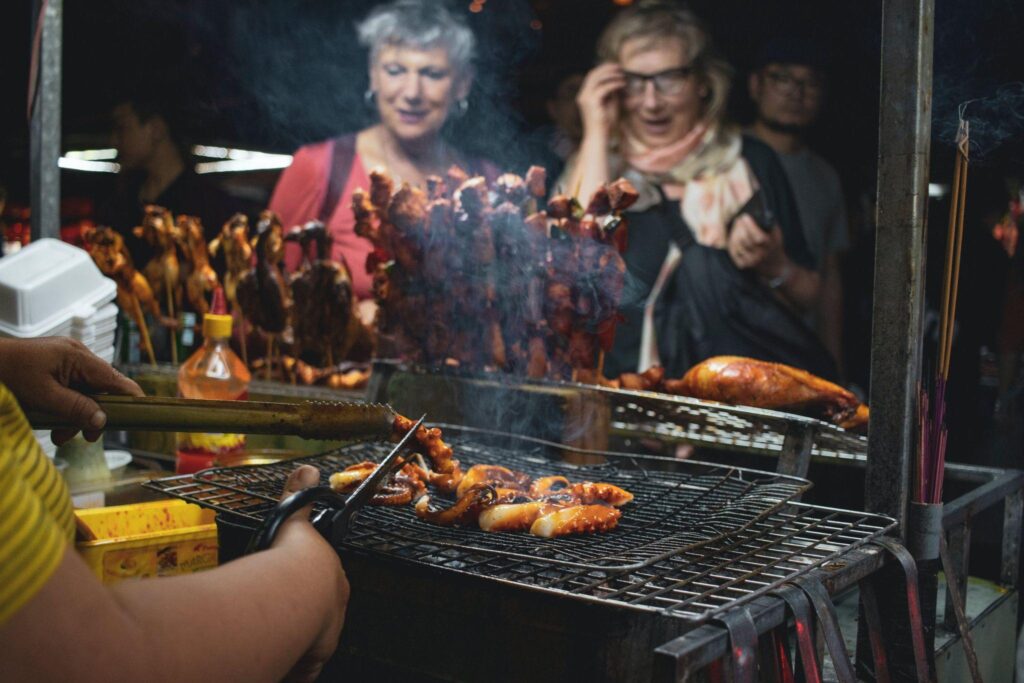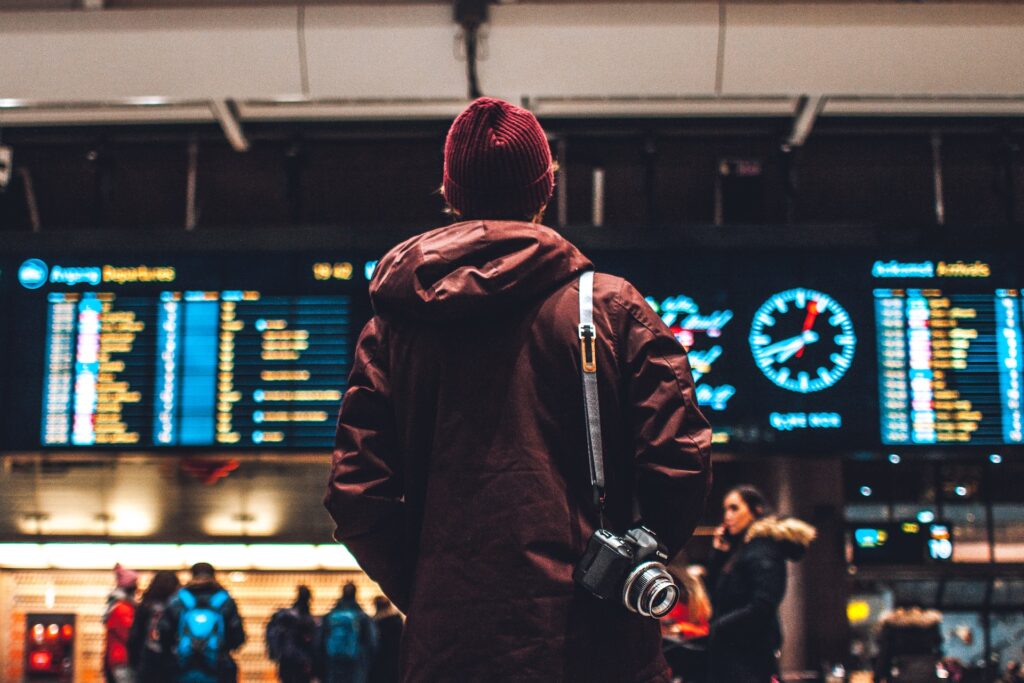Traveling is an enriching experience that opens doors to new cultures, landscapes, and adventures. However, amidst the excitement of exploration, it’s crucial not to neglect the foundation of these journeys—your health. In this guide, we’ll unravel the significance of prioritizing your well-being while traveling, address the common challenges travelers face, and provide a roadmap to ensure you return from your adventures feeling revitalized and ready for more.

Table of Contents
ToggleUnderstanding Health Neglect
Health neglect during travel occurs when individuals fail to prioritize their well-being in the pursuit of exploration. It encompasses a range of aspects, from inadequate sleep and poor nutrition to neglecting mental health. Understanding this concept allows you to address these issues head-on.
The consequences of health neglect can be profound and long-lasting. Fatigue, increased vulnerability to illnesses, and a diminished travel experience are just the tip of the iceberg. By recognizing these consequences, you are able to make informed choices that support your health on the go.
Balancing the excitement of travel with a commitment to well-being is not about restriction; it’s about optimization. Acknowledging the need for balance ensures that every journey contributes positively to your overall health and enriches your life in the long run.
Why You Shouldn’t Neglect Your Health While Traveling
Neglecting health during travel isn’t just a momentary setback but it can have lasting effects on your overall well-being. Chronic issues stemming from poor habits on the road can impact your quality of life even after you return home.
The relationship between physical and mental health is particularly pronounced during travel. A well-nourished body supports a resilient mind, contributing to a more enjoyable and stress-free journey.
Striking a balance between enjoying the journey and safeguarding your health is essential. By adopting healthy habits, you not only protect your well-being but also enhance your ability to fully immerse yourself in the unique experiences each destination offers.
Factors Affecting Your Health While Traveling
Jet Lag and Its Impact on Sleep Patterns
Jet lag disrupts your internal body clock, leading to sleep disturbances and fatigue. You can combat jet lag by gradually adjusting your sleep schedule before departure and exposing yourself to natural light at your destination.
Unhealthy Eating Habits While on the Road
The temptation of local street food or the convenience of fast food can often lead to poor dietary choices. Plan your meals, explore local markets for fresh produce, and indulge mindfully to maintain a balanced diet.
Limited Access to Exercise Facilities
The absence of familiar gyms doesn’t mean you have to forget about physical activity. Incorporate simple exercises like brisk walks, bodyweight workouts, or yoga into your daily routine to stay active on the road.
Exposure to Different Climates and Environmental Stressors
Changing climates can take a toll on your body. Dress appropriately, stay hydrated, and pay attention to your body’s signals to adapt to varying environmental stressors.
Irregular Schedules and Disrupted Routines
Maintaining a sense of routine can be challenging, but it’s crucial for your health. Schedule regular breaks, establish a morning routine, and prioritize activities that promote relaxation to counter the disruptions to your schedule.
Challenges in Maintaining Hydration Levels
Dehydration is a common issue during travel. Carry a reusable water bottle, set reminders to drink water regularly, and be mindful of your fluid intake, especially in warmer climates.
Increased Susceptibility to Illness in New Environments
Unfamiliar environments may expose you to new pathogens. Boost your immune system by getting sufficient rest, practicing good hygiene, and considering vaccinations before traveling to high-risk areas.
Mental Stressors Related to Travel Logistics and Planning
The logistics of travel, from navigating airports to managing itineraries, can contribute to mental stress. Plan meticulously, utilize travel apps for streamlined logistics, and embrace flexibility to alleviate mental stressors.

Incorporating Healthy Habits into Your Travel Routine
Planning Nutritious Meals and Snacks
No matter where you travel, there will always be an abundance of food for you to eat, but not all of it will be good for your health. The best things you can do is research local cuisines, opt for balanced meals, and carry healthy snacks to maintain your energy levels throughout the day.
Finding Opportunities for Physical Activity on the Road
Although exercise equipment may be limited you can explore your surroundings on foot, rent a bike, or incorporate quick workouts into your itinerary to ensure you stay physically active during your travels.
Sticking with Your Daily Skincare Routine
Maintaining your skincare routine on the road is essential for healthy skin. It is also a good idea to do some research on common skin conditions such as eczema vs. psoriasis to ensure you pack the right skincare products.
Prioritizing Sufficient Sleep and Managing Jet Lag
As enough rest is crucial for staying physically healthy, it’s important to create a comfortable sleep environment, establish a pre-sleep routine, and gradually adjust your sleep schedule to the local time zone to minimize the effects of jet lag.
Hydration Strategies for Different Travel Scenarios
Adapt your hydration strategy based on your destination’s climate and your activity level. Carry a reusable water bottle and incorporate water-rich foods into your diet. This will ensure that you stay hydrated no matter where you are and what you are doing
Mindfulness and Stress Management Techniques
Stress can take a toll on anybody and can also hinder your travel experience. Therefore, you should practice mindfulness through meditation, deep breathing, or yoga to manage stress and stay present in the moment during your travels.
Packing Essential Health Supplies and Medications
Pack a basic first aid kit, including pain relievers, bandages, and any prescription medications you may need. Additionally, carry essential health supplies such as hand sanitizer and insect repellent.
Researching Local Health Resources and Medical Facilities
Familiarize yourself with local emergency numbers, the locations of nearby hospitals or clinics, and available healthcare resources at your destination. This is the best way to ensure that you are prepared should any issues arise.
Prioritizing your health during travel is not just a matter of convenience; it’s a crucial component of ensuring your journeys are not just exciting but also contribute positively to your overall well-being. From understanding the consequences of neglect to incorporating practical habits, every step you take toward a healthier travel lifestyle adds up.
